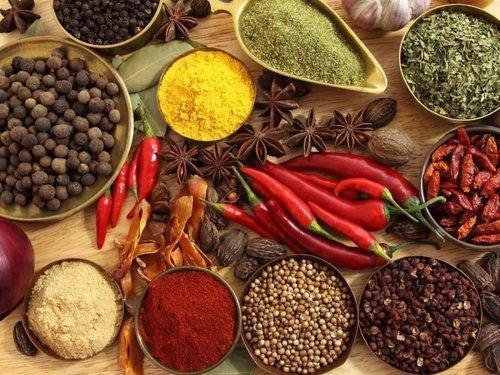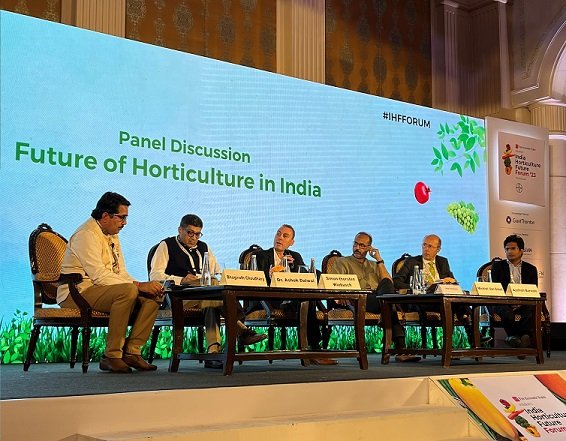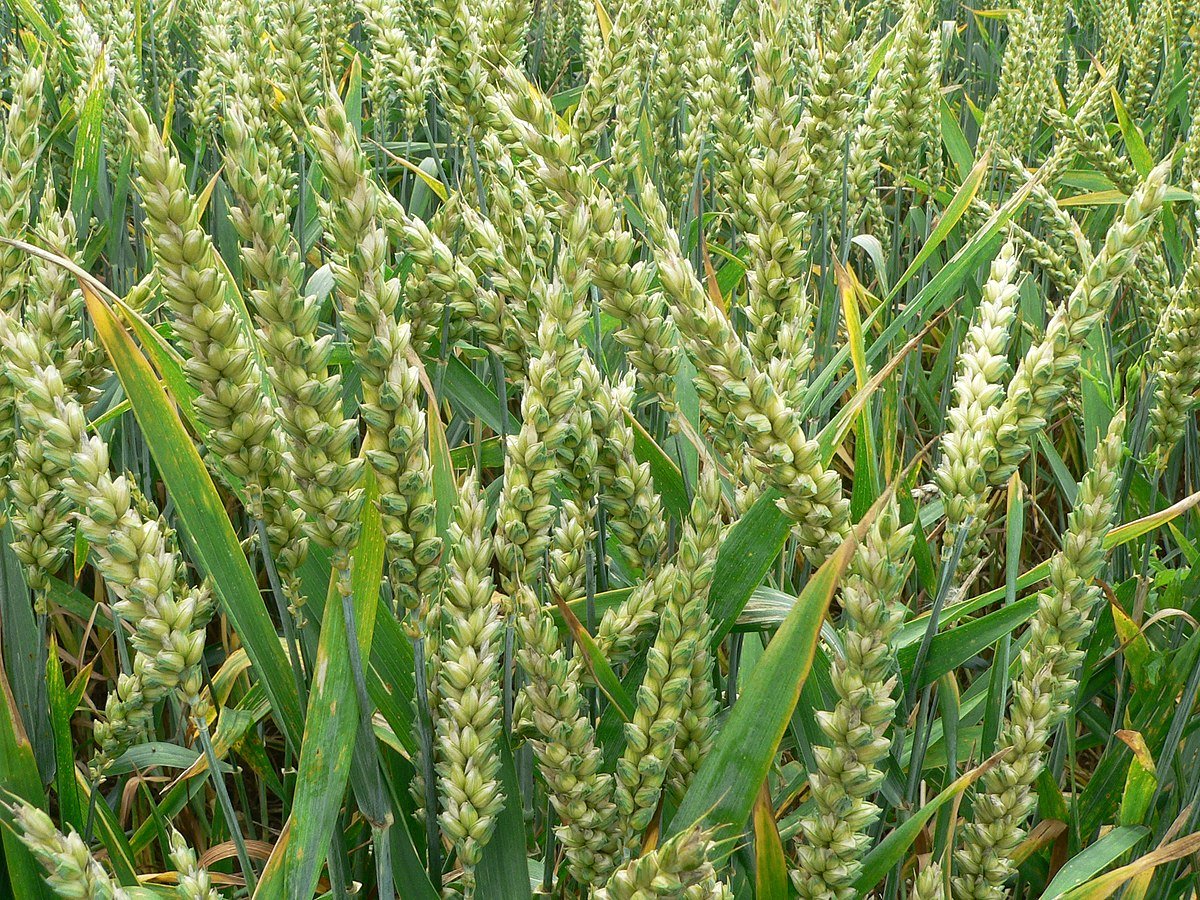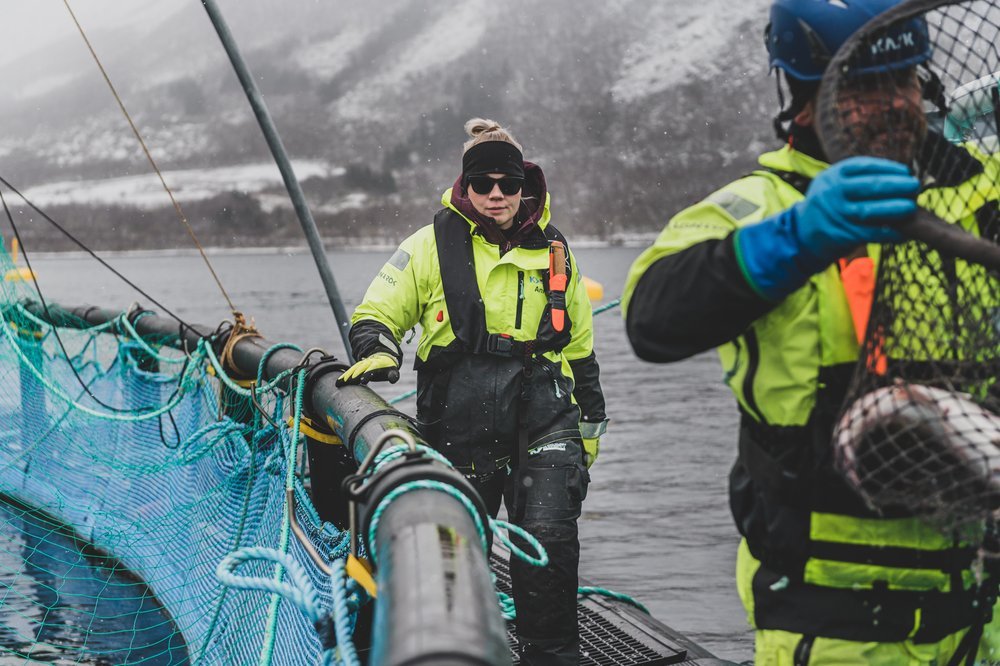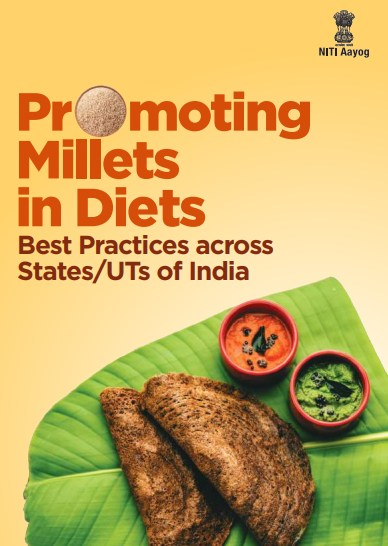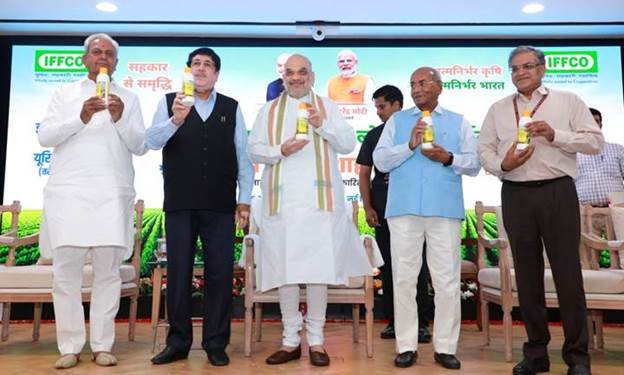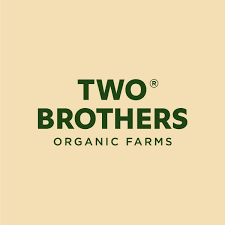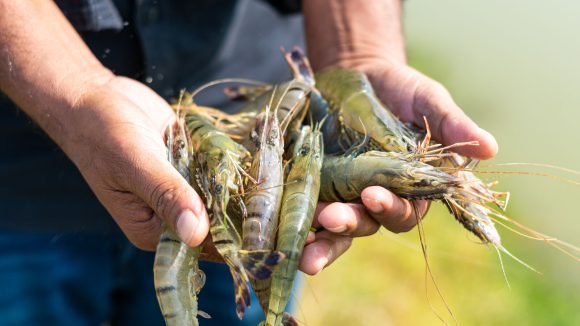Scotland to host global seafood summit in 2024
Seafood Scotland, the trade and marketing body for Scotland’s seafood sector, will co-host the 2024 Responsible Seafood Summit
In conjunction with Seafood Scotland, the Global Seafood Alliance announced that the 23rd edition of its flagship event, the Responsible Seafood Summit, will be held at the Fairmont St. Andrews in historic St. Andrews on Scotland’s east coast from Oct. 21 to 24, 2024.
Seafood Scotland, the trade and marketing body for Scotland’s seafood sector, will co-host the 2024 Responsible Seafood Summit. At last year’s SEG, GSA and Seafood Scotland jointly announced that Scotland had won the bid. Seafood Scotland will work with the Scottish government and other seafood industry bodies to deliver the event along with GSA.
The Fairmont St. Andrews is Scotland’s largest conference facility, with more than 15,000 square feet of meeting space and 220 guest rooms. It is located just outside of the village of St. Andrews, which is known as the home of golf and is located only about 50 miles from Edinburgh.
This is the first time that the Summit will be held in Scotland or the United Kingdom. Since its inception in 2001, the Summit has been held in Europe three times – Madrid in 2008, Paris in 2013 and Dublin in 2017.
“Scottish seafood is highly prized in many key markets around the world and, having visited Scotland earlier this year, we already know that St. Andrews is a prime location for the 2024 Summit,” said Wally Stevens, GSA’s interim CEO. “Having spent the first two years post-pandemic in North America, we’re thrilled to be returning to Europe for our annual headline event and we’re expecting delegates from every corner of the globe to be in St. Andrews, particularly now that Asia has fully opened up.”
Mairi Gougeon, Scottish Cabinet Secretary for Rural Affairs, Land Reform and Islands, said, “The Responsible Seafood Summit is the largest international seafood business conference of its kind. The Summit provides a platform for the world’s seafood thought leaders to share knowledge and ideas and to participate in developing a healthy, responsible, global seafood community.”
Donna Fordyce, CEO of Seafood Scotland, added, “Scotland is one of the world’s most trusted seafood-producing countries thanks to our investment in quality, innovation and sustainability. We produce over 60 species of seafood and export to over 120 countries globally. Our industry spans world-class fish markets and expert processors to stunning sea loch farms and hand-dived shellfish. We will be ensuring our guests have an opportunity to experience the unrivalled seafood, latest innovations and sustainable best practices we can offer from Scotland.”
Seafood Scotland, the trade and marketing body


